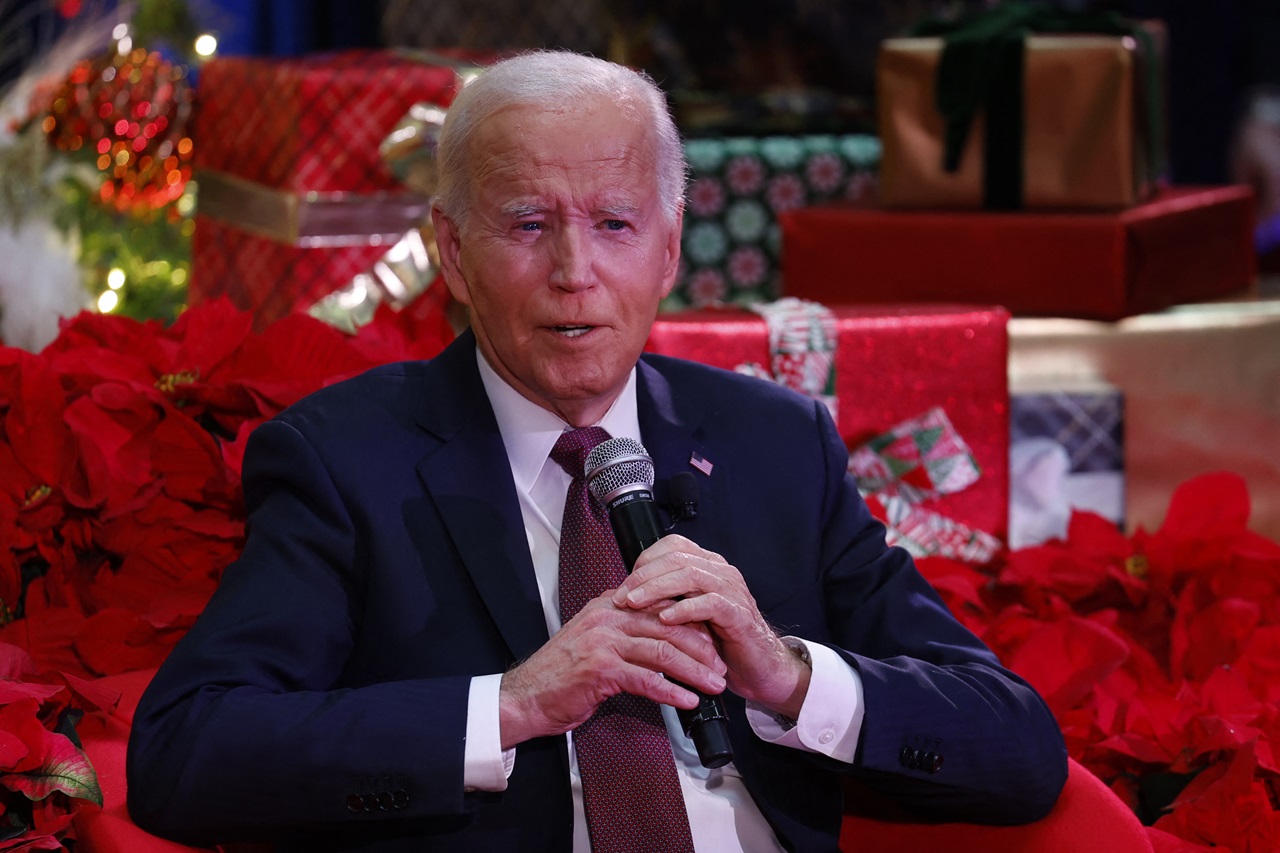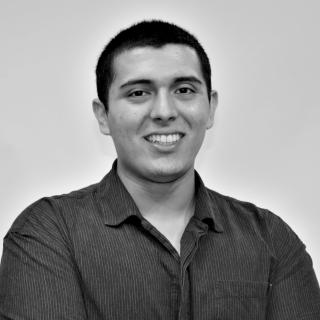
The Dominican Republic’s COVID-19 election made history
Luis Abinader’s triumph brings an end to the 16-year rule of the Dominican Liberation Party.
The Dominican Liberation Party (PLD) received a devastating loss partly down to their handling of the COVID-19 pandemic. The campaign season brought old faces, corruption allegations, and an opposition leader with ties to Rudy Guliani.
The general election in the Dominican Republic went ahead even though it is the Caribbean nation that is the worst-affected by the pandemic.
The Johns Hopkins Coronavirus Resource Center reports that the country of 10 million people has over 37,000 confirmed cases.
The original date of the election was scheduled for May 17, but it was pushed back to July 5 because of the pandemic. There were calls to delay the election again, but that would have required amending the constitution.
Those who believe the PLD lost because of its leadership’s handling of the global health crisis cite that the country suspended air travel too late and were eager to reopen.
Flights coming into the Domincan Republic were suspended by President Medina on March 19.
The suspension came after countries like El Salvador and Nepal took action and closed their borders.
In the years leading up to this election, the Domincan half of Hispaniola had experienced a steady economic growth.
The World Bank reported that between 2014 and 2018, the country averaged an annual economic growth rate of 6.3%. In that timeframe, it was also the fastest rate in the Latin American and Caribbean region.
The Caribbean nation has truly felt an impact in these times as tourism is the largest part of their GDP.
There were three main candidates heading into the election.
Leonel Fernandez was the first to win the presidency of the Domincan Republic under the PLD in 1996. He served three terms as president but now he seeked the office as a candidate of the People’s Force Party.
He split from the PLD last year after attacking current president Danilo Medina. Since 2018, he has served as president of the World Federation of United Nations associations.
His name recognition and campaign slogan, “the safe way” could not help Fernandez achieve anything higher than third during the election.
Gonzalo Castillo served as Minister of Public Works and Communication from 2012 to 2019 under president Medina. Castillo failed to restructure the constitution and allow Medina to run for a third consecutive term. This prompted him to launch his own presidential bid.
RELATED CONTENT
With his links to corruption thanks to the Odebrecht scandal, and people pinning him as someone encouraging the country to institute a president for life, his chances were tanked.
He placed second and it is the first time in 16 years that the DLP lost a presidential election.
Luis Abinader used to work in the tourism sector and helped form the Modern Revolutionary Party. He ran unsuccessfully in 2016, receiving under 35% of the vote. This time around, he was the main threat to the DLP and rode off his party’s impressive showing in the municipal elections earlier in the year.
He was, however, criticized for receiving consultation from Donald Trump’s personal lawyer, Rudy Guliani. His opponents claimed he was looking for U.S. involvement in the election, although Guliani does not work for the U.S. government.
Abinader carried over 50% of the vote and is now the president-elect with no need for a runoff vote.
Abinader tested positive for COVID-19 three weeks prior to the election, causing him to cancel his in-person campaigning.
He recovered in time to hold one last rally days before the election.
He is the first member of the Modern Revolutionary Party to win the presidency and the first to have won the office who was born after the dictatorship of Rafael Trujillo.











LEAVE A COMMENT:
Join the discussion! Leave a comment.